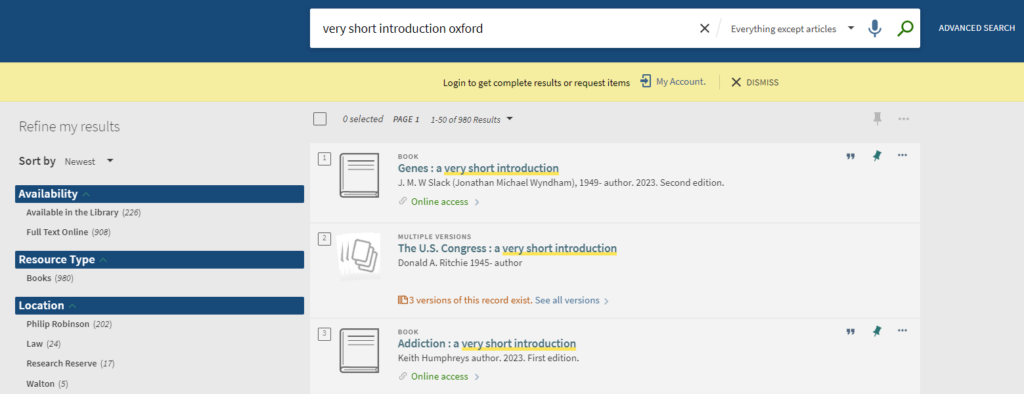The Library is hosting a short trial to Modern Construction Online.

Modern Construction Online is a comprehensive resource that gives students, architects, engineers, and construction professionals the most relevant information on modern construction techniques and materials. By using this platform, practitioners and students keep up to date with current trends and improve their skills in designing and constructing of modern buildings.

Modern Construction Online consists of case studies, learning materials, articles, and entries on construction elements.
The search box situated in the middle of the screen enables a full-text search, making it easy to search for anything you are interested in. For example, a material (“stainless steel”), building parts (“ceiling”), a general search term (“humidity”, “daylight”).
Once you have conducted a search, you can use the filters on the left-hand side of the results page to support refining your results, as shown in the example search below for “glass rooflight”:

The Entry Type filter on the left hand side makes it easy to narrow down to articles or case studies or information about the type/use in relations to materials.

The Search Help page provided by Modern Construction Online provides guidance on making effective use of the database.
The Learning Resources provide you with an overview of key strategies, arrangements and analysis in modern construction design.
The resource is available to trial until Monday 31st March. Access Modern Construction Online via Library Search.
As the purpose of a trial is provide short term institutional access to establish whether the resource is of interest for future sustained access, unfortunately we are not able to extend or repeat trials. Please bear in mind that any links to material within the trial collections will no longer work after the trial ends, so access is temporary.
We’re keen to hear any feedback on this resource, either by posting your thoughts on this blog post below, or by getting in touch with your Liaison Librarian at libliaison@newcastle.ac.uk.







